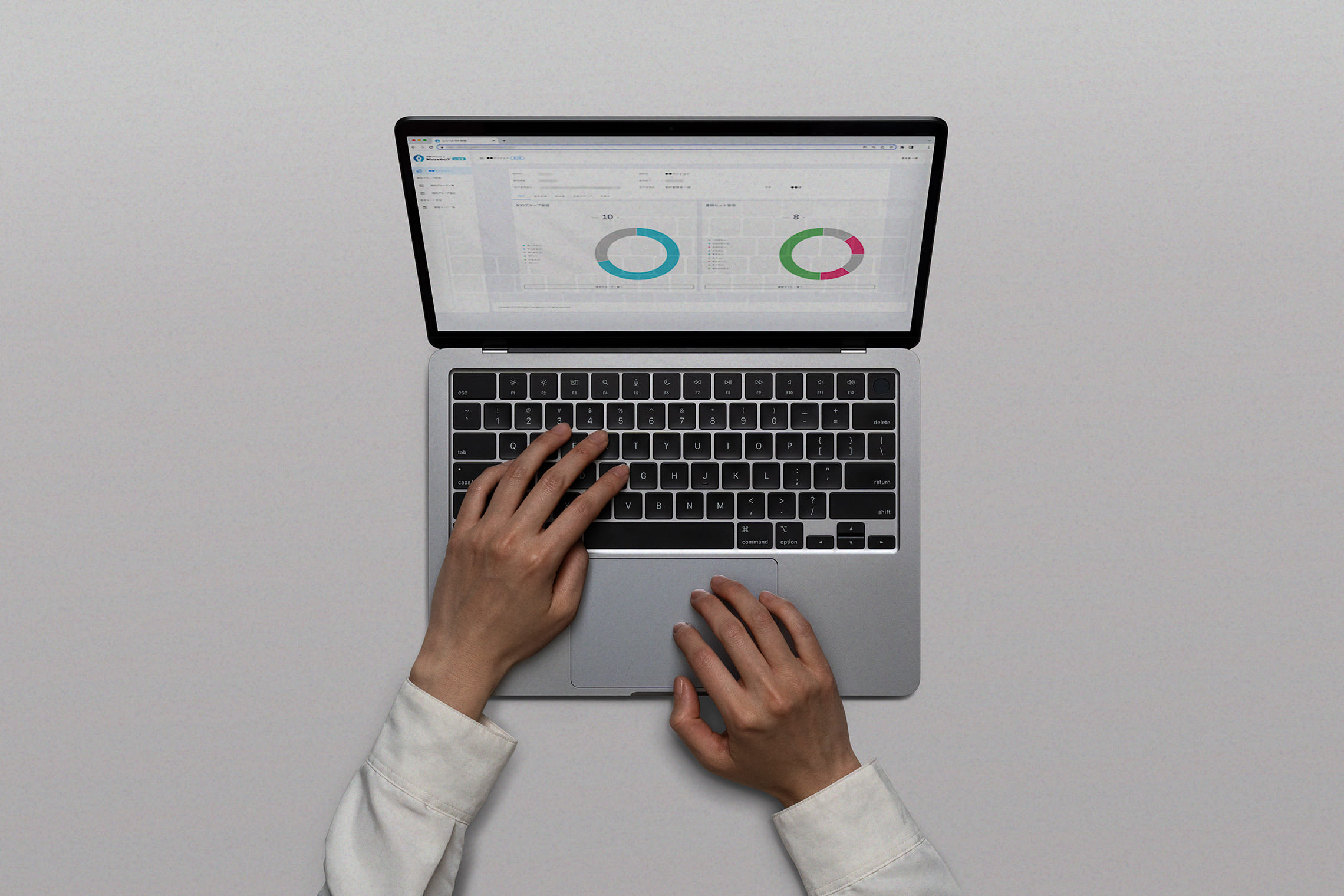Electronic contracts have been available for real estate transactions since 2022. According to a survey by the IELove Group(which offers numerous real estate services), while over 80% of Generation Z wants to use e-contracts, just 9.1% of end users responded that they have done so for renting or purchasing homes.
Why haven’t e-contracts come into more widespread use? We spoke with Masanao Kobayashi, the general sales manager of Musubell, a DX engagement platform for next-generation real estate transactions.
Speaker
Musubell general sales manager, Digital Garage
Masanao Kobayashi
Joined DG Communications Co., Ltd. in 2007. Began building a real estate DX platform in 2019 based on requests from clients. Is currently the general sales manager of Musubell, a DX engagement platform for next-generation real estate transactions.
Real estate e-contracts have “no downsides”
With more advanced technologies, we are approaching the end of the era when paper is used to exchange information. Although there are many digital documents in use, some industries and sectors still lag behind, one of which is the real estate industry.
For most people, real estate is the most expensive purchase they will ever make. This is why particular care is needed to prevent errors and fraud when implementing new technologies. The Real Estate Brokerage Act was revised in 2022 to allow digital Reports on Important Matters and Article 37 documents, which previously had to be submitted on paper. However, few companies are using digital versions of these documents today, roughly one year after the revised law came into effect.
Many potential homebuyers want digital documents. According to Mitsubishi Estate Residence, 80% of customers prefer e-contracts to paper contracts. Looking at people younger than age 60, the ratio is even higher at over 90%.
What makes e-contracts so appealing? Kobayashi said there are “no downsides” for many customers. He explained, “There are two main reasons for this. Number one, these documents are tax-exempt under the current legal system, which means you don’t have to pay the stamp tax required in Japan for real estate sales and all other contracts. The tax varies according to the contract price. For instance, the stamp tax would be 30,000 yen for a property that costs 50 million yen or more. But with e-contracts, this tax isn’t required.”
“Number two, you save time and effort because you don’t have to affix your seal to paper documents. Real estate transactions involve four to five documents on average, including the sales contract, Report on Important Matters, and memorandum. Some customers feel stressed by the need to sign and stamp all these documents. With e-contracts, they can sign everything at once. The process is also easier because they don’t have to go to the real estate company in person, and there’s no need to store signed contracts.”

Kobayashi said an increased level of security is another significant benefit of electronic contracts. “I think it’s harder to forge an e-contract than a stamped piece of paper. Electronic contracts use special software that detects alterations each time it is opened, via a technology with time stamps that can only be issued by a national certifying agency.”
A platform that helps companies introduce e-contracts
Considering this, why haven’t more companies started using electronic contracts? Kobayashi said this is partly because the overall real estate industry hasn’t been able to adapt to changing circumstances.
“Due to strict legal rules in the real estate industry, many people feel anxious about changing long-established methods. It also takes time to alter work processes founded on paper contracts. Many business operators are struggling because they want to introduce e-contracts, but they can’t easily do so right away.”
Kobayashi said that increasing customer requests will have major effects on promoting e-contracts in the real estate industry.

Digital Garage offers “Musubell,” a real estate DX platform, to help real estate companies introduce electronic contracts and bring them into widespread use going forward.
“Musubell” is software as a service (SaaS) developed for the real estate industry. This platform can centrally manage all sorts of tasks for real estate transactions. Real estate companies can use “Musubell” for e-contracts and other types of DX in their sales-related tasks, including automatic contract generation and completed document storage.
In addition to e-contracts, customers appreciate the convenience of online accounts. Their information can be managed in one location, including contract data, certificates required for tax returns, and down payment guarantee forms. Kobayashi said DG will continue adding new functions as well.
“When a customer buys a property, they are beginning a new lifestyle. DG is thinking about equipping “Musubell” with functions that help them take care of their new home, and we will continue providing integrated support for real estate experiences.”
E-contracts may lead to real estate market growth
We asked Kobayashi about the future prospects of e-contracts for real estate transactions.
“I think we’ll see explosive growth over the next two to three years, and that e-contracts will quickly become a normal part of life, just like electronic money is replacing cash for regular shopping. E-contracts may outstrip paper in a few years, and people who cannot use them for various reasons may have to request paper contracts.”

Real estate e-contracts may even transform the common practices of society.
“In the past, people thinking of buying a property had to physically travel there to sign the contract. Electronic contracts will make it possible for them to buy real estate while staying at home. I’m sure this will result in many rural residents remotely buying and selling property in Tokyo, and the Japanese real estate market itself may grow.”
Companies do incur costs when switching from existing methods, and they may feel a vague sense of unease when trying something new. However, many companies will want to take on this challenge if it enables better purchasing experiences for customers. Kobayashi believes that helping this industry introduce e-contracts will generate new context for the future.